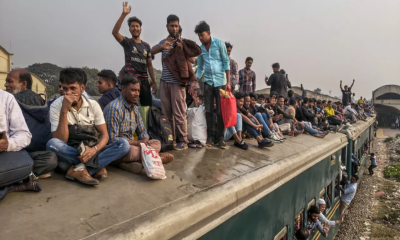Dr. A F M Khalid Hossain, Adviser on Religious Affairs, has said that the upcoming elections in February will be free, fair, and inclusive, and will take place during the day, not at night.
He emphasized that everyone will have the opportunity to vote, and the newly elected government will assume power before he returns to his previous post.
“Opportunities like this do not come often; it took 54 years for this chance to arise. We do not know when it will come again. Let us seize it and unite, because unity is strength, and strength brings peace,” he said.
Khalid Hossain made the remarks during a program held on Wednesday morning to mark the 246th founding anniversary of Government Madrasah-e-Alia in Bakshibazar, Dhaka. He highlighted that this opportunity is the result of generations of student sacrifices and must not be wasted.
He also stressed the importance of preserving the essence of madrasa education alongside modern learning.
“In the name of modern education, madrasa education has strayed from the teachings of the Quran and Hadith. Madrasa education is specialized education, and alongside modern knowledge, its core foundation must remain the Quran, Hadith, and Fiqh,” he said.
Khalid Hossain urged that the country maintain the heritage of Alia madrasas while promoting modern education.
“Alia madrasas have made remarkable contributions, producing many capable individuals. Mastery of Arabic and English can help madrasa students secure scholarships in educational institutions worldwide,” he added.
Highlighting the historical role of Alia madrasas in nation-building, he expressed confidence that this tradition will continue in the future.
He also called for an end to misconduct in educational institutions under the guise of student politics, emphasizing unity: “We have one Allah, one Quran, one Qibla. This unity can bring us onto a single platform.”
Education Adviser Professor C R Abrar, the chief guest at the event, noted that madrasa education has significant gaps, and the government has taken modern and timely steps to restore its heritage.
He criticized the disruptive influence of politics on educational institutions and mentioned reforms in the governance boards to address these issues.
Professor Abrar also highlighted the historic contributions of Dhaka Alia Madrasa in journalism, education, and national development, while recalling past misuse of madrasas for extremist activities and incidents like the Shapla Chattar violence. He urged madrasa students to balance religious education with greater attention to science.
During the event, the education adviser assured that issues such as land and playground management, teacher shortages, academic buildings, and access to clean drinking water at Dhaka Alia Madrasa will be addressed promptly.


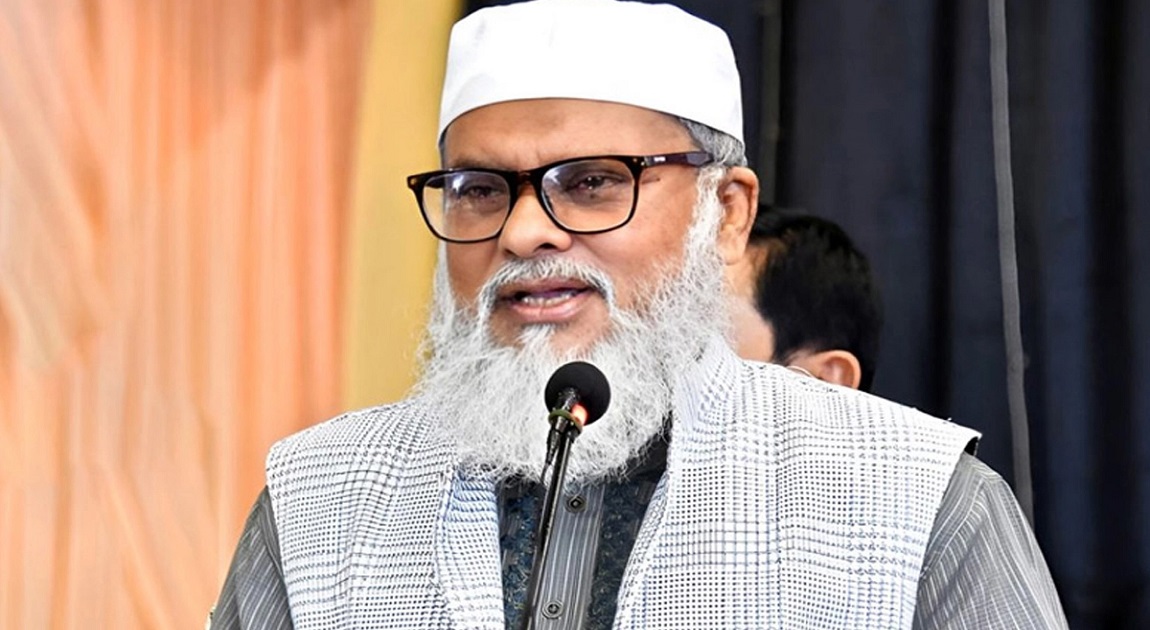




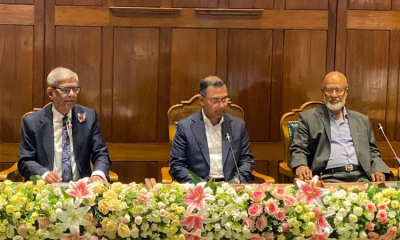

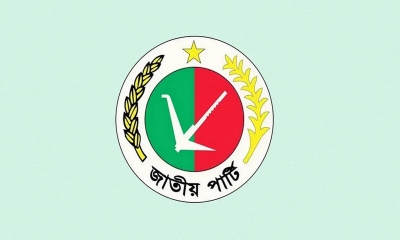
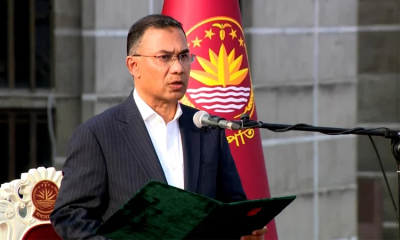
-20260218060047.jpeg)

-20260217073221.webp)

-20260216115008.webp)
















